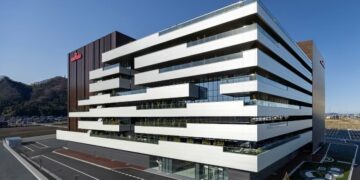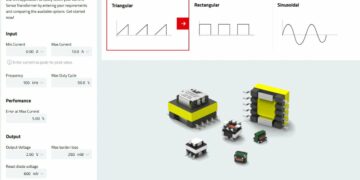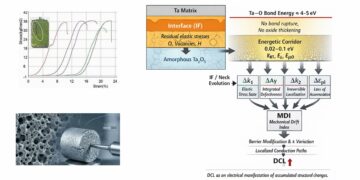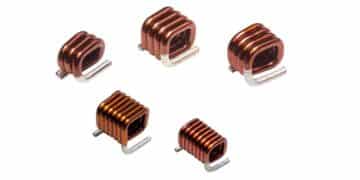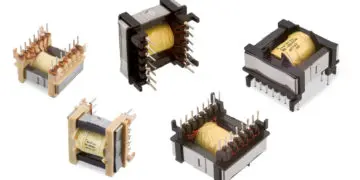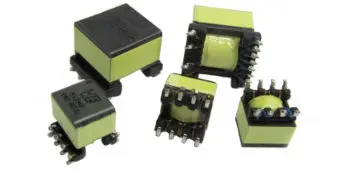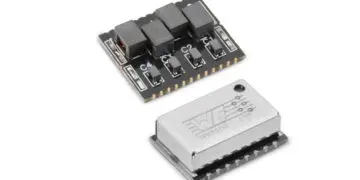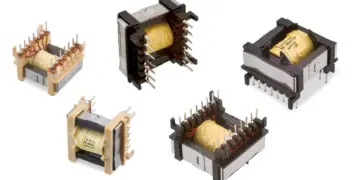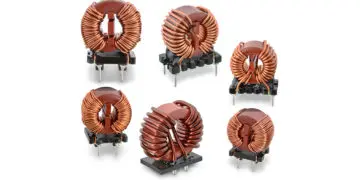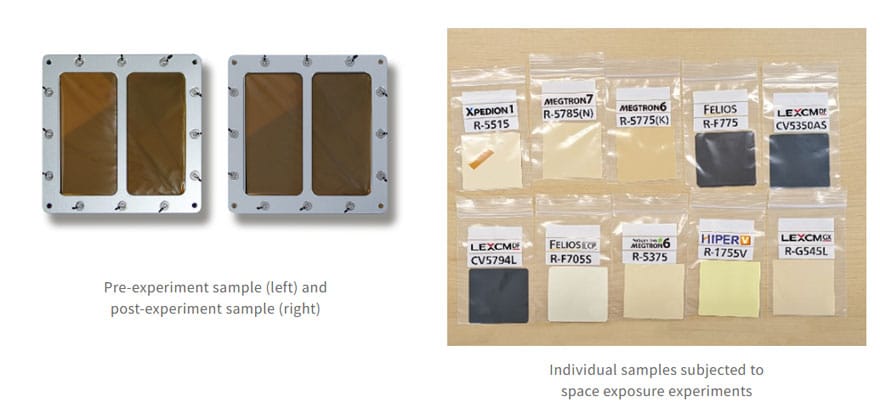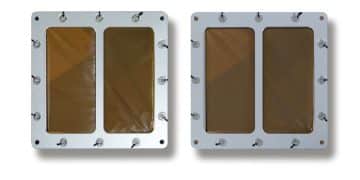
Panasonic Industry‘s electronic materials will contribute to future technological innovations in the fields of aerospace, information, communication and more.
Panasonic Industry Co., Ltd. announced that it took part in the Space Delivery Project – RETURN to EARTH, promoted by Space BD Inc., and conducted space exposure experiments of its electronic materials on the Exposed Facility located outside the Japanese Experiment Module Kibo on board the International Space Station (ISS). The experiment, which began in March 2023, evaluated the performance of materials that were in space for over three months and were exposed to the space environment for two months. The evaluation found no major changes in the materials’ performance in three important areas (see the primary evaluation below for detailed information), confirming that the materials are robust enough to withstand the unrelenting and unique environment of space.
Space is an extremely harsh environment where microgravity, a powerful vacuum, cosmic radiation, and wide-ranging temperature changes occur simultaneously; conditions that are difficult to replicate on Earth. The experiments were conducted to meet this challenge, aiming to expose electronic materials developed by Panasonic Industry to space conditions and assess their performance under adverse conditions.
The evaluation results have confirmed the high quality and durability of these electronic materials. The company will continue to analyze the material characteristics to evaluate their performance in more detail.
Leveraging its long-standing technological development capabilities and the knowledge gained from the space exposure experiments, Panasonic Industry will continue to advance its electronic material technology to achieve the lowest transmission loss in the industry.
This research will accelerate technological innovations in high-speed communication networks for ground-level communications and support the development of network equipment for non-ground-level communications — such as space exploration and High-Altitude Platform Station (HAPS), which require accommodation for harsh environmental conditions. These are key elements in realizing the sixth-generation mobile communication system (6G). Guided by these goals for future industrial activities, the company will continue to contribute to building a better future and a more prosperous society.
Primary evaluation details (MEGTRON6 example)
(1) Change in the appearance and color tone
Example: The surface of MEGTRON6 R-5775(K) observed with an electron microscope (magnification 3,000x)
The surface remains unchanged before and after the experiments, showing no cracks, voids, or other defects.
(2) Electrical characteristics: Dielectric constant (Dk), Dissipation factor (Df)
All samples show no changes.
Example: Electrical characteristics of MEGTRON6 R-5775(K)
Respective measurement average values of two pre-experiment samples and two post-experiment samples that were taken using a balanced circular disc resonator.
(3) Chemical analysis: Fourier transform infrared spectroscopy (FT-IR)
All samples show no changes.
Example: FT-IR spectrum from MEGTRON6 R-5775(K) (attenuated total reflection (ATR) method)
Spectrum from the pre-experiment sample matches that from the post-experiment sample.
(4) Heat analysis:
Glass transition temperature, thermal expansion coefficient, decomposition temperature
(5) Cross-section observation:
Resin-glass cloth adhesion at the interface, analysis of degradation of the glass cloth
Read the original post at Panasonic Industry Demonstrates Durability of Electronic Materials in Exposure Experiments in Harsh Space Environment
